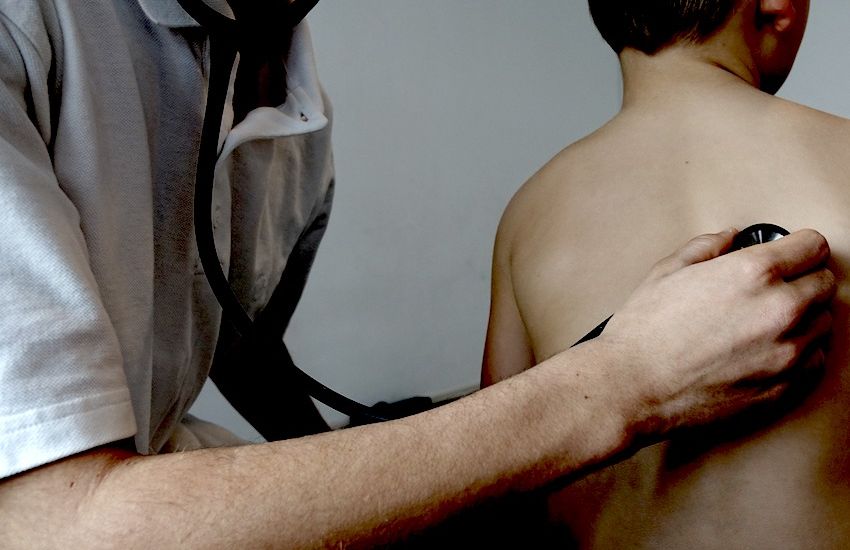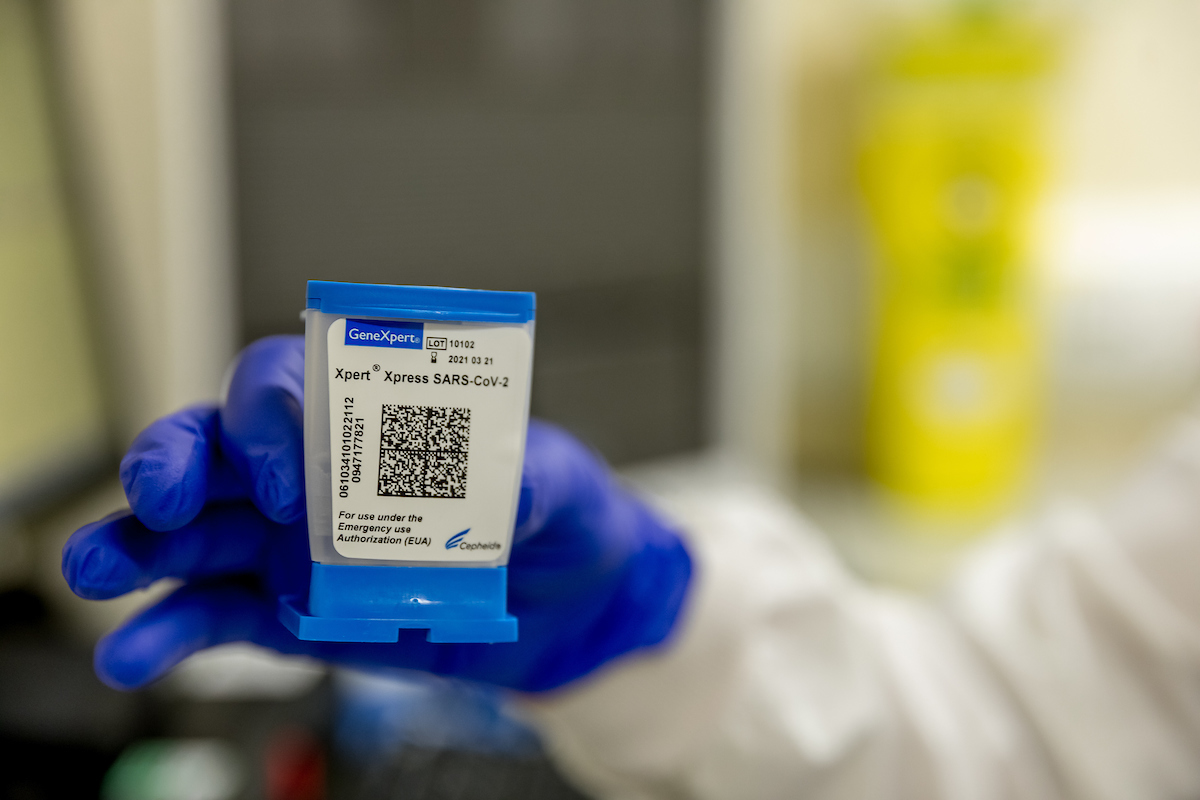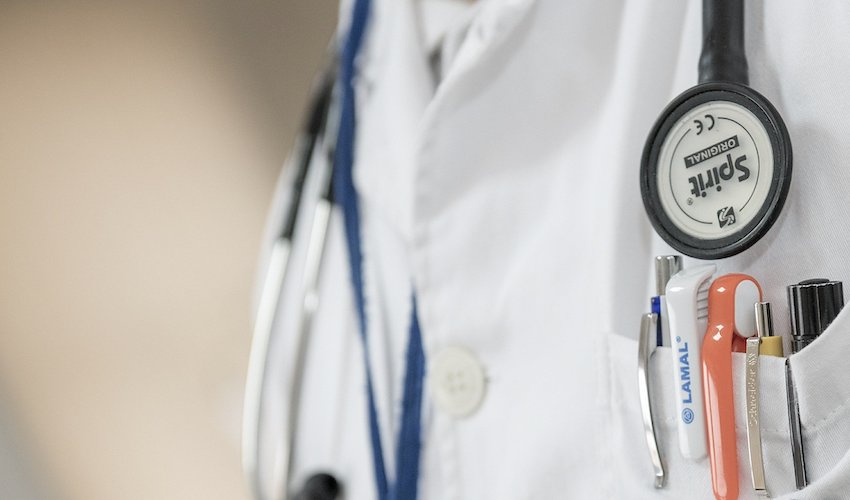


Medical staff in Jersey have been put on alert to look out for symptoms of a rare, but dangerous reaction in children, believed to be linked with covid-19, which has seen a number of youngsters taken to hospital in the UK.
Information about the uncommon but potentially fatal illness was circulated to local health workers after the Paediatric Intensive Care Society (PICS) shared an ‘important alert’ from NHS England about “unusual symptoms” being observed in children.
Concerns were raised after a number of children of all ages were seen presenting “a multi-system inflammatory state requiring intensive care” across London and other areas of the UK.
“Abdominal pain and gastrointestinal symptoms have been a common feature as has cardiac inflammation," the NHS alert said.
*Urgent alert*
— PICSUK (@PICSociety) April 26, 2020
Rising no of cases presenting to #PedsICU with multi-system hyperinflammatory state, overlapping features of toxic shock syndrome & atypical Kawasaki disease, bloods consistent with severe #COVID19 - seen in both #SARSCoV2 PCR +ve AND -ve
Please share widely pic.twitter.com/Bj6YHLJ8zi
It also said that the young patients have "common overlapping features of toxic shock syndrome and atypical Kawasaki Disease". The latter is an illness that causes swelling of blood vessels in children, with symptoms including a temperature, rash, vomiting, and swelling of the hands, feet and/or tongue.
The message noted that, of the children recently presenting with "unusual" symptoms, some had tested positive for covid-19.
“There is a growing concern that a SARS-CoV-2 related inflammatory syndrome is emerging in children in the UK, or that there may be another, as yet unidentified infectious pathogen associated with these cases,” the NHS advice added.
The alert also encouraged doctors encountering children with those symptoms to refer them “as a matter of urgency”.
In a statement released on their website, PICS highlighted that there have been very few cases of “critically unwell children with covid-19 admitted to paediatric intensive care units” both in the UK and in other countries.

Pictured: The symptoms have been observed in children who had been tested positive with corona virus as well as those who tested negative.
However, they added that they knew of small number of children who appeared to fit the clinical picture described in the NHS England alert.
In Jersey, Health officials confirmed that paediatric and wider health and care workers have now been given guidance on the different symptoms seen in children, which differ to those seen in adults.
They did not respond when asked by Express whether any such symptoms had been reported locally.
"Covid disease in children is uncommon and serious disease... We are aware of the very uncommon syndrome produced by an overactive immune response. We have given guidance to paediatric and wider health and care workers on the different symptoms seen in children, which differ to those seen in adults," a spokesperson said.
"Some of these symptoms reflect what is being described within the NHS update as shared by the Paediatric Intensive Care Society. Our Health and Community Services Paediatric teams are aware of this information and we continue to monitor reports of new symptoms as they emerge and will update relevant colleagues accordingly."

Pictured: "GPs and the Jersey General Hospital are still providing the same healthcare that they have always done," a Government spokesperson said.
They continued: "If a child is unwell it is likely to be a non-coronavirus illness, rather than coronavirus itself and concerns about the virus should not stop parents and carers from contacting medical services. GPs and the Jersey General Hospital are still providing the same healthcare that they have always done."
The symptom warning comes as parents and guardians are being encouraged not to avoid taking their children for medical help if it is needed during lockdown, as they can still become seriously unwell if not treated early, according to Consultant Paediatrician Dr Tim Malpas.
Routine healthcare is still available at the hospital, while children's vaccinations are continuing.
According to government advice, parents and carers should call a GP immediately if their child:
Meanwhile, they should call 999 immediately if a child:
And they should go to the Emergency Department immediately if a child:
Comments
Comments on this story express the views of the commentator only, not Bailiwick Publishing. We are unable to guarantee the accuracy of any of those comments.